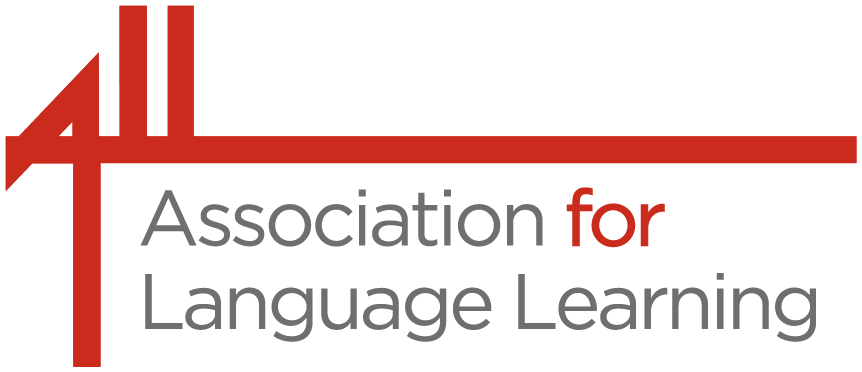The Culture Hook: building cultural capital in the ‘hinterland of knowledge’
Candida Javaid, Head of German at The Royal Grammar School, High Wycombe
“This is my favourite book!” This statement was made by a year 10 student as he entered my classroom about a German children’s book last term. We had read the first two pages of “Die kleine Hexe” (The little witch) by Otfried Preussler on European Day of Languages in September, and the story seemed to have stuck with him. Or so I thought. The question this raised for me: was it the story or was it the sense of achievement of having tackled an authentic text? Or did it matter? He had shiny eyes and that mattered.
Anecdotes like this are common in languages classrooms. Students get excited about Spaghetti ice cream, the history of German forests, or cars and football. This is where they engage with the language and where they find their emotional connection, a hook, a way into the culture. This is an important key to unlocking a foreign language and to start building a knowledge map. The A-Level curriculum has recognised this by introducing Independent Research Projects in year 13. I agree, students also need the ‘nuts and bolts’ of a language, the vocabulary and grammar, but why shouldn’t they fall in love with the culture, as well?
Talking to adults, they will often say that they wish they had learnt a foreign language. Although most of them will have had the chance to do this at school, the minority actually succeeds. They usually remember utterances we teach in the first year like: “I am eleven years old. I have a dog and a brother.” But often they can’t go far beyond this. We recognise the importance of a language but falling numbers in uptake indicate that students might not recognise the value and lifelong impact a language can have on one’s biography. This disjunct between an adult’s and a student’s perception is where statements like “This is my favourite book!” could allow us a new perspective. By enabling students to engage with the cultural capital of the language they study, we might unlock what they find valuable and relevant enough to remember.
Of course, we teach so that we spark their interest, so that they are motivated to pass their GCSE or A-Level, but do we consider what a language holds for them beyond school? A widespread argument for learning languages is job prospects or potential future earnings, but this can never be really measured. How about languages unlocking knowledge about social and cultural practices that they otherwise might only be able to access remotely? My favourite example is whether you choose to read a novel in its original language or in a translation. But this is food for thought for a different article.
Is it possible that as teachers, we might need to let go a little and allow our students to discover their own hooks? I am not proposing a change in the formal curriculum. I am just suggesting creating a few more opportunities for our students to explore the culture, ‘their’ Hinterland knowledge, as Christine Counsell calls it. This will enable them to build their own map. In my department we will do this by pulling the idea of the Independent Research Project into Key Stage 3, by engaging with authentic literature from year 7, by talking about Spaghetti ice cream and whatever else makes their eyes shine!
